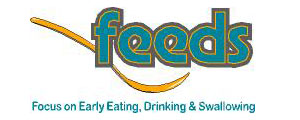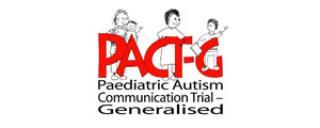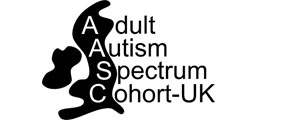Jeremy Parr
Background
I am a Paediatric Neurodisability clinical academic with wide ranging research interests in the Neurodisability field.
My clinical work is for two local NHS Trusts:
1. Newcastle Upon Tyne Hospitals NHS Foundation Trust at the Great North Children's Hospital in the Regional Neurodisability service (Regional Feeding clinic, and Neurodevelopmental Disorders Clinic).
2. Northumberland, Tyne and Wear NHS Foundation Trust in the Regional Autism Spectrum Disorder diagnosis, management and intervention service, where I lead multidisciplinary assessments of children with ASD (the Complex Neurodevelopmental Disorders Service).
Areas of Research
I lead the Autism Spectrum Database-UK, which is a database of families of children with ASD, who have shown interest in participating in research. I also lead the programme of research about Autism Spectrum Conditions in adulthood and older age; this started to recruit adults and relatives to research cohorts in February 2015.
I am Chief Investigator for a 15 site multicentre trial of the effectiveness of Glycopyrronium vs Hyoscine to treat drooling in children with neurodisability.
To view Jeremy Parr's publications, group membership and qualifications please see his University profile.
Current Studies
ASC-UK
This project is about engaging adults on the autism spectrum and their relatives in research. It is a research programme about the life experiences of adults on the autism spectrum and their relatives/carers.
Daslne

Daslne is the Database of Children with Autism Spectrum Disorder Living in the North East. Its aim is to provide accurate information about children with Autism Spectrum Disorder (ASD) living in North East England.
FEEDS Review

The FEEDS review (Focus on Early Eating Drinking and Swallowing review) aims to find out about the services currently offered to families of children with eating. drinking and swallowing difficulties by NHS services. The review aims to gather information in order to plan a future study of one or more potentially worthwhile treatments.
Improving the Health of Older Autistic People
The study aims to understand the specific physical health needs of older autistic people, assess to what extent these needs are currently being met, and the services that are currently being provided. The study then aims to develop an intervention that will improve access to the healthcare older autistic people need.
Methods of Diagnosis for ASC in Adults
The study will examine current methods of diagnosing autism spectrum conditions in adults and review the evidence for the measures. In addition, a new diagnostic interview for ASC in adults will be developed and piloted.
PACT-G

The Paediatric Autism Communication Trial - Generalised (PACT-G) aims to test the efficacy of social communication intervention to improve the communication skills and reduce autism symptoms in young children with autism spectrum disorder.
PAT-A

In this study, we will conduct a national autism and anxiety survey, gathering the views of autistic people and professionals. Using this information, we will adapt current NHS anxiety treatments to make them ‘fit for purpose’ for use with autistic adults and test their efficacy in a randomised control trial.
The Transition Programme

Transition is a 5-year Programme of research looking at how health services can contribute most effectively to the successful transition of young people with complex health needs from childhood to adulthood.
Recently Completed Studies
MeASURe
MeASURe stands for Measurement in Autism Spectrum disorder Under Review. This systematic review explored the measurement properties of tools used in assessing progress and outcomes of children on the autism spectrum up to age 6 years.
Measuring Anxiety in ASD

This project focused on the devlopment of an assessment tool to measure anxiety in autistic children. A self and parent report questionnaire, the Anxiety Scale for Children - ASD (ASC-ASD©), was developed during the study.
WHOQOL-BREF
The project explored whether the WHOQOL-BREF is fit for purpose in measuring quality of life of autistic adults. Through extensive consultation with the autism community, some new autism-specific items were developed to make the measure more appropriate.




